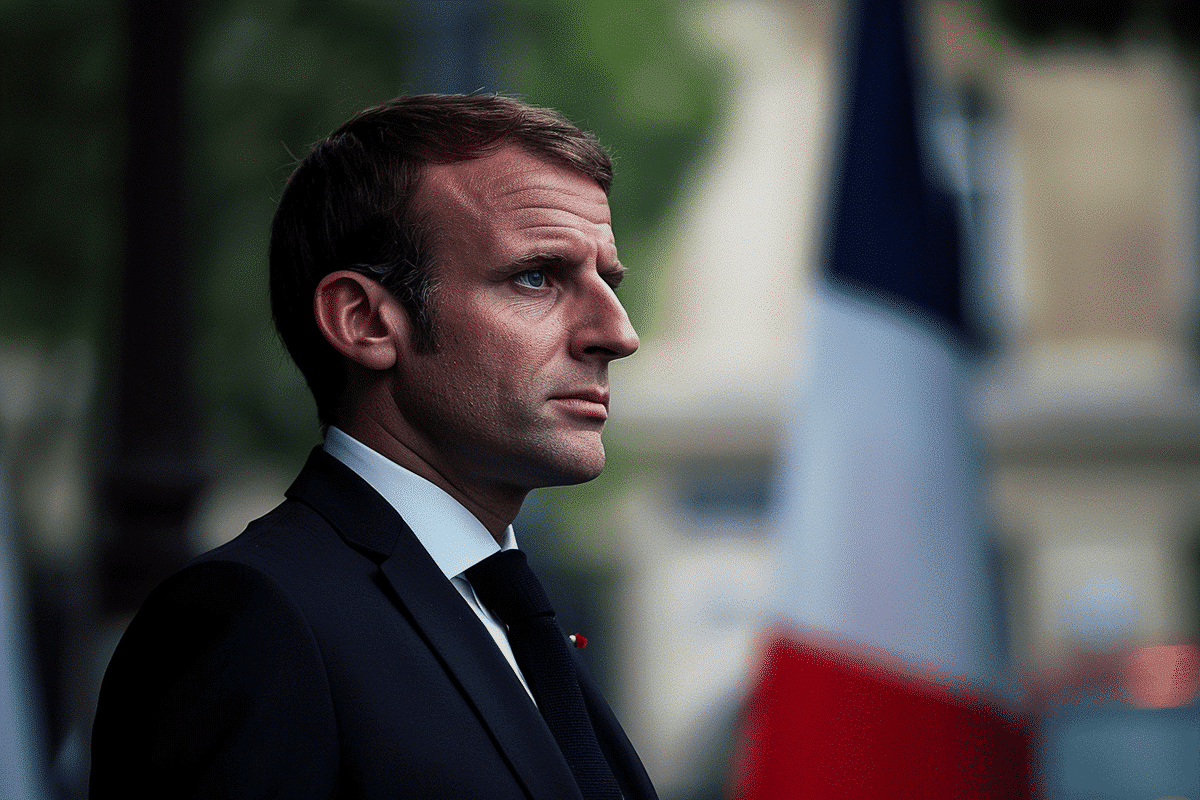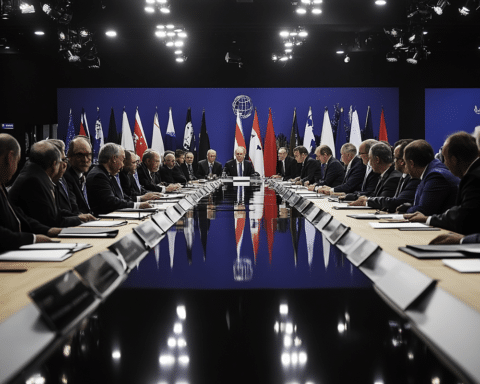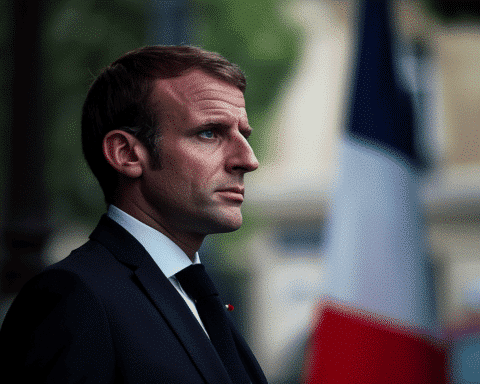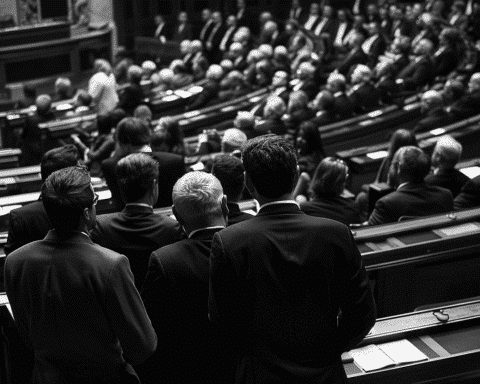In a dramatic shift in the European political landscape, far-right parties have made significant gains in the latest elections for the European Parliament. This surge has rattled traditional powers within the European Union, leading to an unexpected political maneuver by French President Emmanuel Macron, who has called for snap legislative elections in response.
As votes were tallied from the 27-nation bloc, it became clear that the composition of the European Parliament had decidedly shifted rightward. The Italian Premier Giorgia Meloni, a notable figure in the far-right movement, succeeded in more than doubling her party’s seats. Similarly, in Germany, the far-right Alternative for Germany (AfD) managed to secure a substantial number of seats, overcoming the negative publicity from recent scandals and outpacing Chancellor Olaf Scholz’s Social Democrats.
These election results reflect a broader trend of increasing influence for nationalist and populist parties across Europe. Such parties are expected to make it increasingly challenging for the European Parliament to pass legislation on critical issues, including climate change and agricultural policy, over the next five years.
The most notable victory came in France, where Marine Le Pen’s National Rally dominated the polls. The overwhelming support for Le Pen’s party prompted President Macron to dissolve the national parliament in an unprecedented move, calling for new elections later in the month. This decision represents a significant gamble for Macron, whose remaining presidential term until 2027 could be jeopardized by further losses for his party.
In Germany, the election was a clear signal of shifting political allegiances. Despite being embroiled in controversies, the AfD saw its support increase to 16.5%, up from 11% in 2019. This rise positioned the AfD as the second strongest force in Germany, a clear sign of the party’s growing appeal among voters disillusioned with the traditional political establishment.
At the EU level, while the Christian Democrats, led by EU Commission President Ursula von der Leyen, and the Socialists remained the two main pro-European groups, they now face a legislature where the far right has a much stronger presence. The Greens, expected to lose about 20 seats, will see their influence diminished, particularly concerning the EU’s progressive climate policies.
Von der Leyen, recognizing the altered political landscape, proposed late on Sunday to form a coalition with the Social Democrats and the pro-business Liberals. This move aims to anchor the assembly in stability and effectiveness amidst the rising popularity of both far-right and far-left factions.
The results of the EU Parliament elections emerge against a backdrop of significant challenges for the EU, including recovery from the coronavirus pandemic, economic instability, and the ongoing energy crisis exacerbated by geopolitical tensions. Although the election campaigns often focused more on national issues than on overarching European strategies, the shift in the Parliament’s composition underscores a critical testing time for voter confidence in the bloc.
With the rise of populist and far-right parties leading governments in Hungary, Slovakia, and Italy, and participating in ruling coalitions in countries like Sweden, Finland, and the Netherlands, the political landscape in Europe continues to evolve. This shift could have profound implications for the EU’s future policies and its role on the global stage, marking a pivotal moment in European politics.




